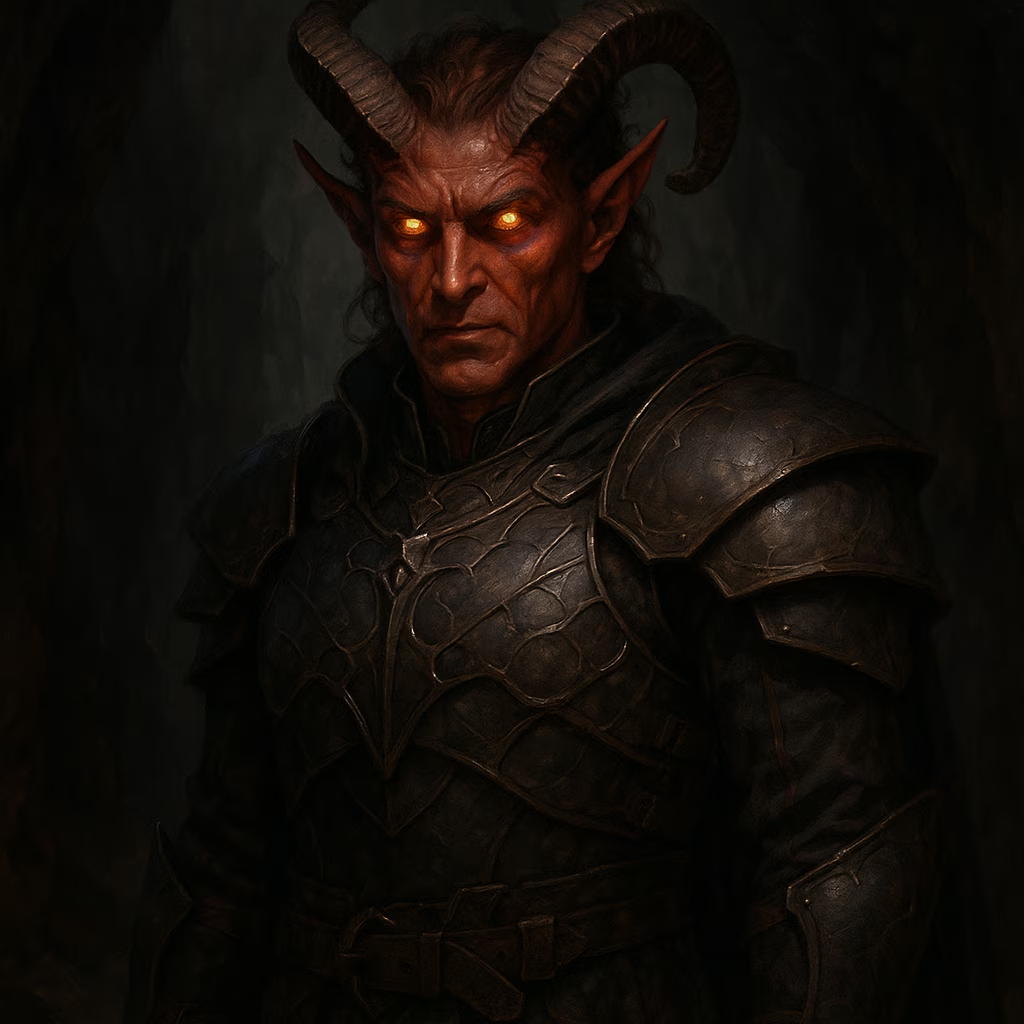
I remember losing myself in Baldur's Gate 3's intricate tapestry of choices and consequences, where every dice roll felt like fate whispering secrets. Yet beneath its brilliance lay exhaustion—the weight of memorizing spells, tracking modifiers, and deciphering complex systems. In 2025, I've discovered kindred spirits to its storytelling magic that don't demand such heavy tolls. These worlds still let me lead companions through moral mazes and tactical battles, but with gentler hands guiding my journey. They preserve the essence of adventure while replacing overwhelming mechanics with intuitive rhythms, like finding shelter during a storm without sacrificing the thrill of thunder.
Divinity: Original Sin 2 🧙♂️
Born from the same creators as BG3, this masterpiece sings a familiar song. I wander through painterly landscapes where fire dances across oil-slicked puddles and conversations shift with my character's lineage. Turn-based duels require cunning positioning, yet rules unfold like petals—predictable enough to experiment freely. No frantic guide-reading here; elemental combos and skill synergies reveal themselves through play rather than demanding study. The companions' banter echoes around campfires, making every rest feel like coming home.
Dragon Age: Origins ⚔️
Here, I found BG3's soul reborn in real-time glory. The pause function became my sanctuary during battles—halting chaos to strategize without pressure. Companions like Morrigan challenged my morals with razor-sharp wit, their personal quests unfolding like tragic poetry. But oh, the relief! Tactics menus automated their actions, freeing me from micromanagement. No dice rolls haunted my decisions; just raw emotion shaping a world teetering on political collapse.
Solasta: Crown of the Magister 🏹
Imagine BG3 distilled to its purest form—turn-based combat where light and elevation matter, but interfaces explain every modifier openly. I watched numbers flicker on-screen, demystifying successes and failures. Abilities unlocked gradually like sunrise, never overwhelming. As I guided my party through focused quests, mechanics layered gently: first positioning, then spells, then synergies. A perfect primer for D&D newcomers craving depth without delirium.
Tyranny 🗡️
Short campaigns can hold galaxies of consequence. Tyranny proved this as my choices carved permanent scars across its dark realm—alliances shattered, cities burned. Yet its streamlined systems felt like breathing room. Fewer status effects, cleaner skill trees, battles resolved swiftly. I spent hours debating philosophies with companions rather than juggling inventories. Every decision echoed louder in this condensed crucible of power.
Pillars of Eternity 2: Deadfire ⛵
Sailing archipelago waters, I negotiated with pirate queens using BG3's flexibility—diplomacy, theft, or steel. Real-time combat paused at my command, letting me adjust tactics mid-strike. AI companions anticipated threats, freeing my mind for grand strategies. When progression avoided D&D's tangled subclasses, I focused on moral ripples: how saving one faction drowned another in despair.
Sword Coast Legends 🏰
Smaller canvases hold magic too. This homage condensed Faerûn into digestible quests where traditional D&D mechanics shone without complexity. Dungeons asked for clever positioning, not physics mastery. Cooldowns replaced dice rolls; encounters taught their patterns swiftly. I felt nostalgic joy exploring its scaled-down realms—like revisiting childhood haunts.
Black Geyser: Couriers of Darkness 🌑
Isometric views transported me to BG3's roots. Real-time battles paused for tactical breaths, hit percentages displayed plainly like open books. No hidden dice governed my swings—just skill trees branching clearly. Moral choices still twisted outcomes, but cleaner interfaces kept focus on stories unfolding.
Wasteland 3 ❄️
Post-apocalyptic Colorado mirrored BG3's design philosophy: choices echoing through icy wastes, companions' fates hanging on dialogue. Turn-based grid combat evoked XCOM's clarity—cover mattered, overwatch protected. Unlike BG3's sprawling freedom, encounters felt curated, dialogue trees concise. I mastered mechanics quickly, leaving room for roleplaying desperadoes and warlords.
People Also Ask
- What makes these games easier than Baldur's Gate 3?
Simplified mechanics like automated companion AI, transparent combat modifiers, and condensed campaigns reduce cognitive load.
- Do they retain BG3's story depth?
Absolutely—companion arcs and world-altering choices remain central pillars.
- Which is best for D&D beginners?
Solasta teaches core concepts progressively with visible dice mechanics.
- Any recommendations for shorter playthroughs?
Tyranny's 20-hour campaign delivers narrative density without bloat.
Now, adventurer—which of these gateways will you step through first? Swap overwhelming complexity for intuitive wonder. Your next journey awaits where strategy meets serenity. 🌟
